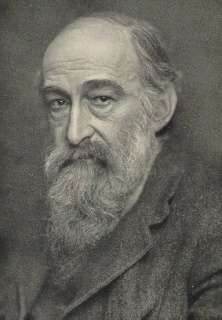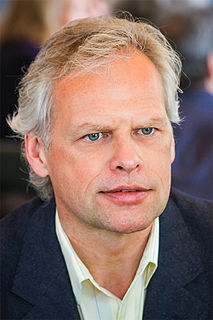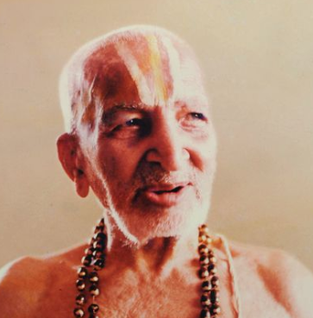A Quote by Mooji
You are the knower of knowledge; you perceive perceiving. Come to this place, and see if any questions remain there within you.
Related Quotes
Finally you come to a point where you almost know it all. You are very wise. You are very pure... except for the fact that you may well have gotten caught in the last trap... the desire to know it all and still be you, "the knower." This is an impossibility. For all of the finite knowledge does not add up to the infinite. In order to take the final step, the knower must go. That is, you can only BE it all, but you can't know it all. The goal is non-dualistic - as long as there is a "knower" and "known" you are in dualism.
The brain "fills in" the missing information from the blind spot. Notice what you see in the location of the dot when it's in your blind spot. When the dot disappears, you do not perceive a hole of whiteness or blackness in its place; instead your brain invents a patch of the background pattern. Your brain, with no information from that particular spot in visual space, fills in with the patterns around it. You're not perceiving what's out there. You're perceiving whatever your brain tells you.
The motive that impels modern reason to know must be described as the desire to conquer and dominate. For the Greek philosophers and the Fathers of the church, knowing meant something different: it meant knowing in wonder. By knowing or perceiving one participates in the life of the other. Here knowing does not transform the counterpart into the property of the knower; the knower does not appropriate what he knows. On the contrary, he is transformed through sympathy, becoming a participant in what he perceives.
The really important facts were that spatial relationships had ceased to matter very much and that my mind was perceiving the world in terms of other than spatial categories. At ordinary times the eye concerns itself with such problems as where? — how far? — how situated in relation to what? In the mescaline experience the implied questions to which the eye responds are of another order. Place and distance cease to be of much interest. The mind does its perceiving in terms of intensity of existence, profundity of significance, relationships within a pattern.
When you're talking to a person, it only matters what they are perceiving. You only need them to perceive you as a loving husband. You don't necessarily need to be one. That's always a good road, if you actually are one. But what people are perceiving will dictate what their life is, and ultimately what your interaction is.
Yet there are those who wonder. There are those who have gentle stirrings. And there are those who have stepped upon the beautiful threshold of awareness - all on the verge of perceiving that which there is to see. To these ones, I say, open your exquisite senses. Look with fine clarity into that which is beyond and beneath, within and without. In these coming critical times, listen to and heed the directives of your spirits that retain the high wisdom you are just now perceiving.



































